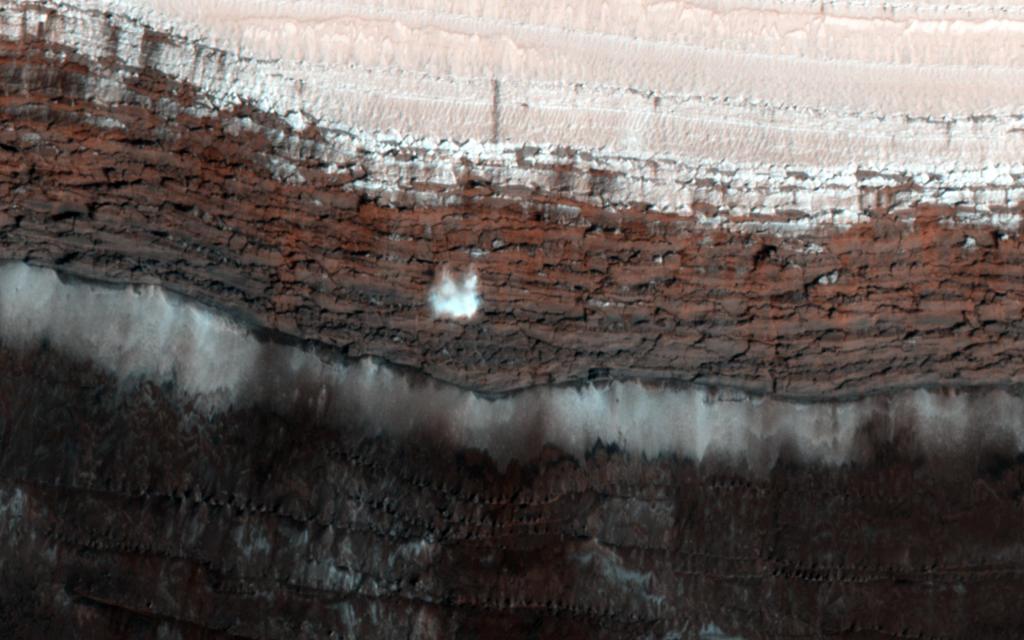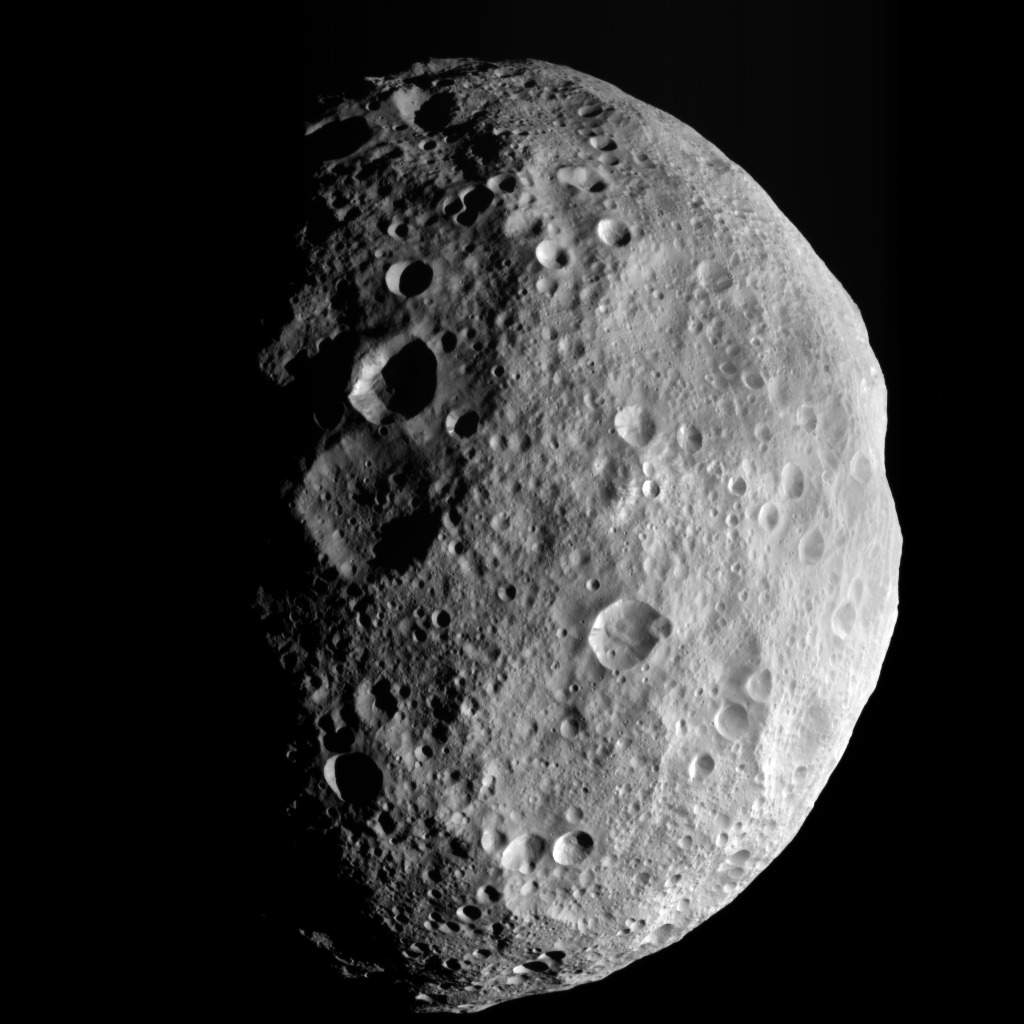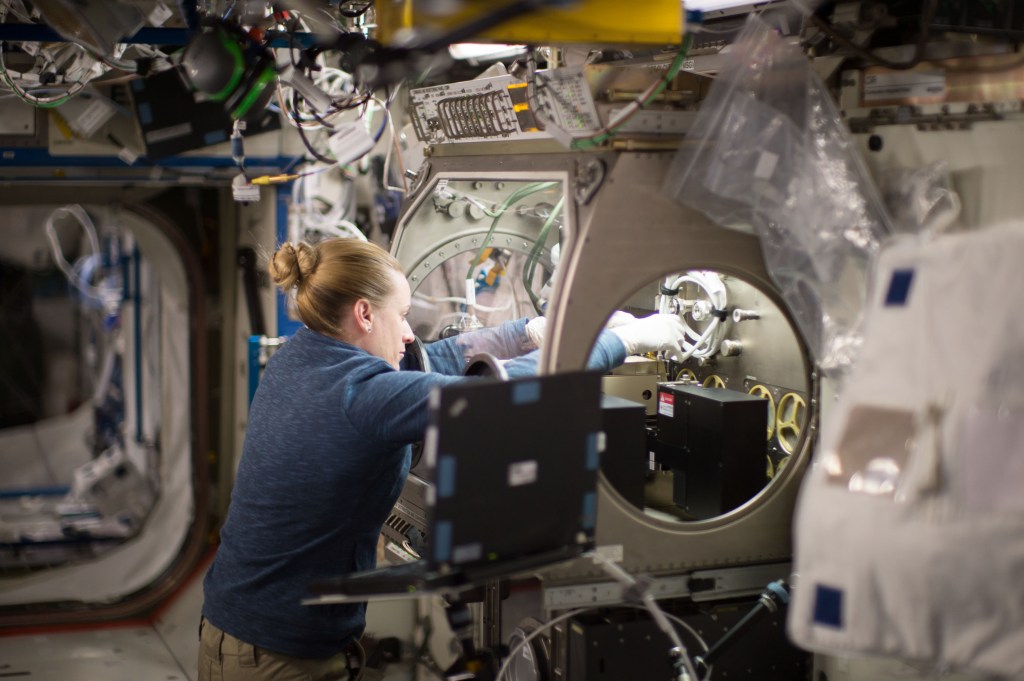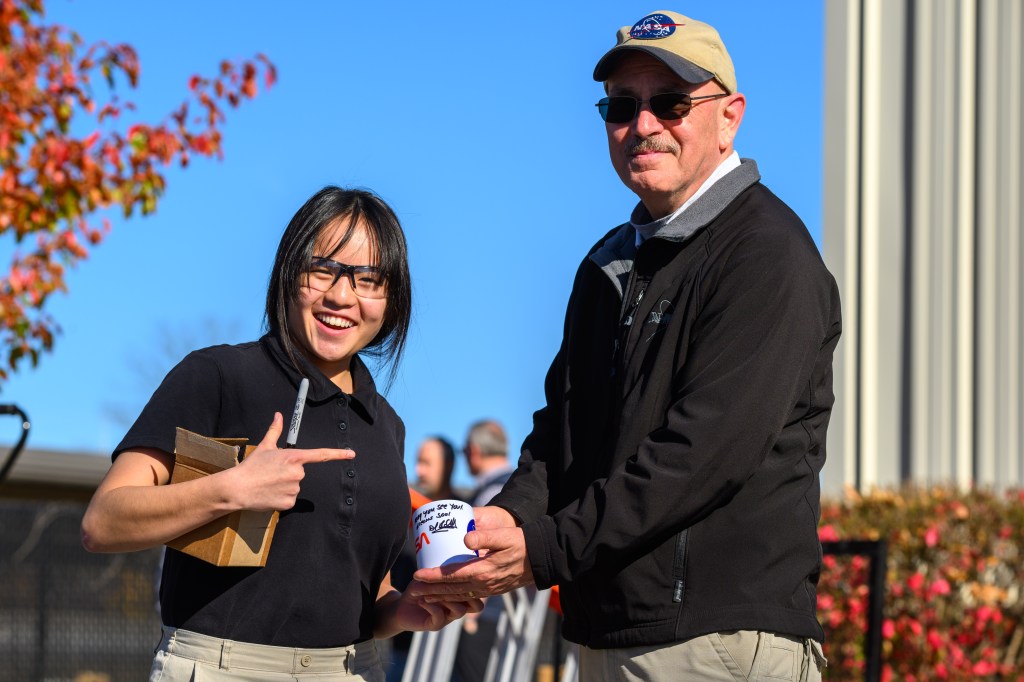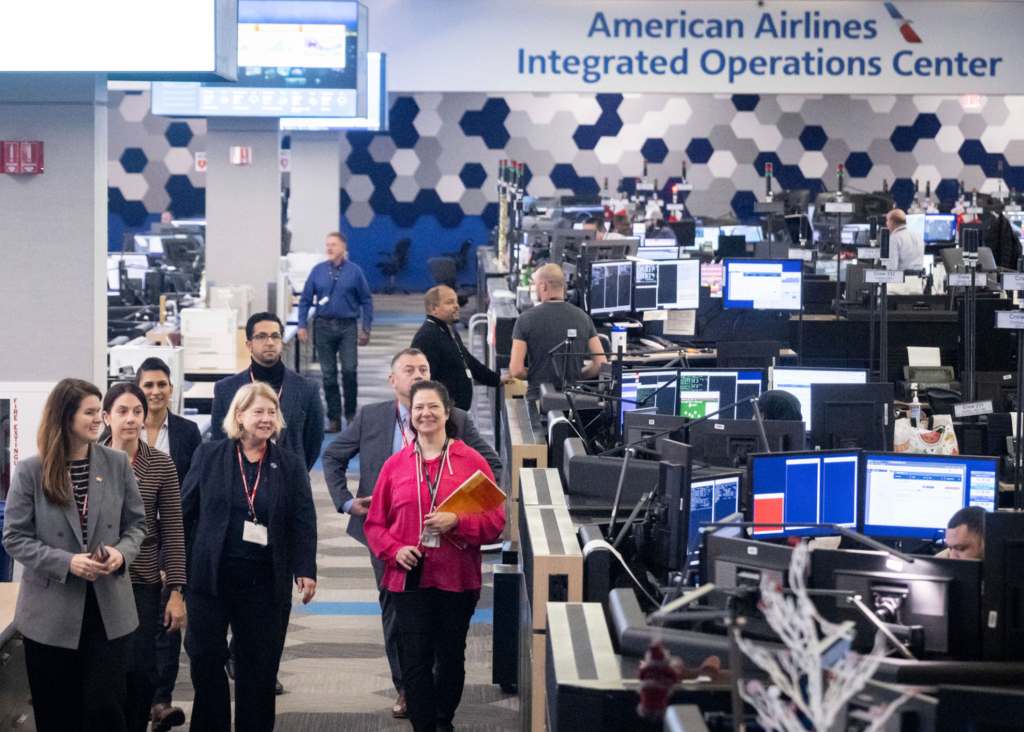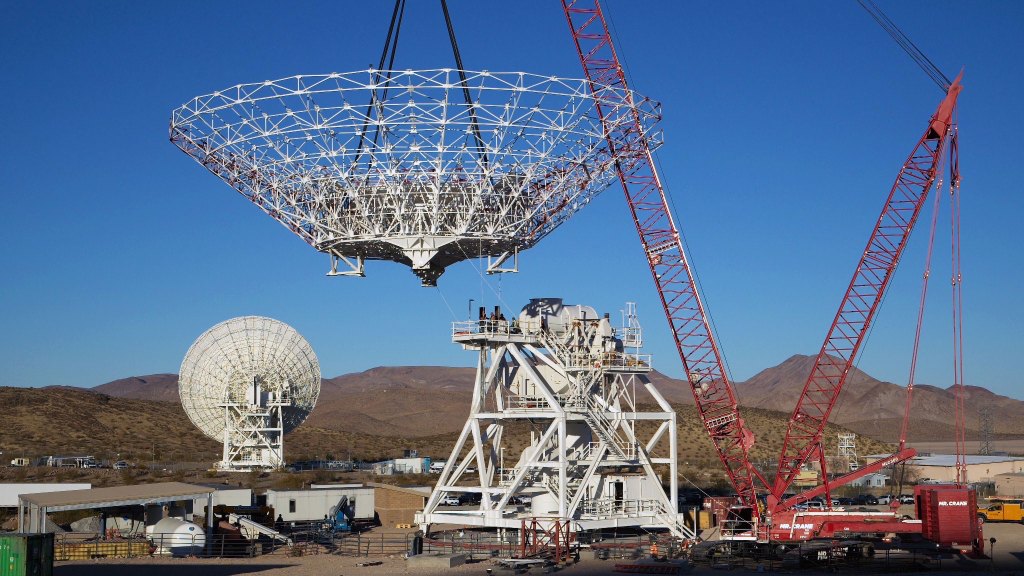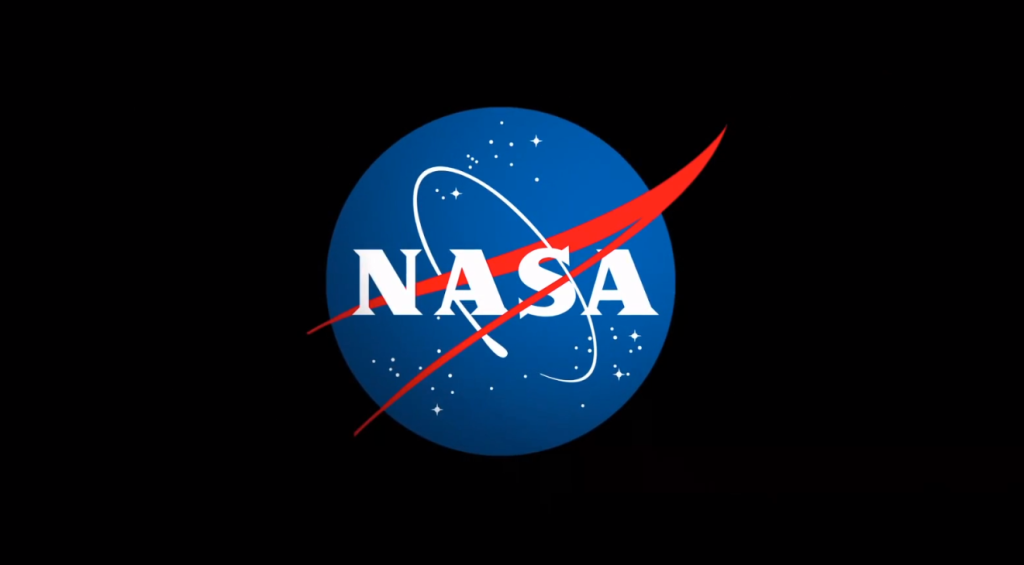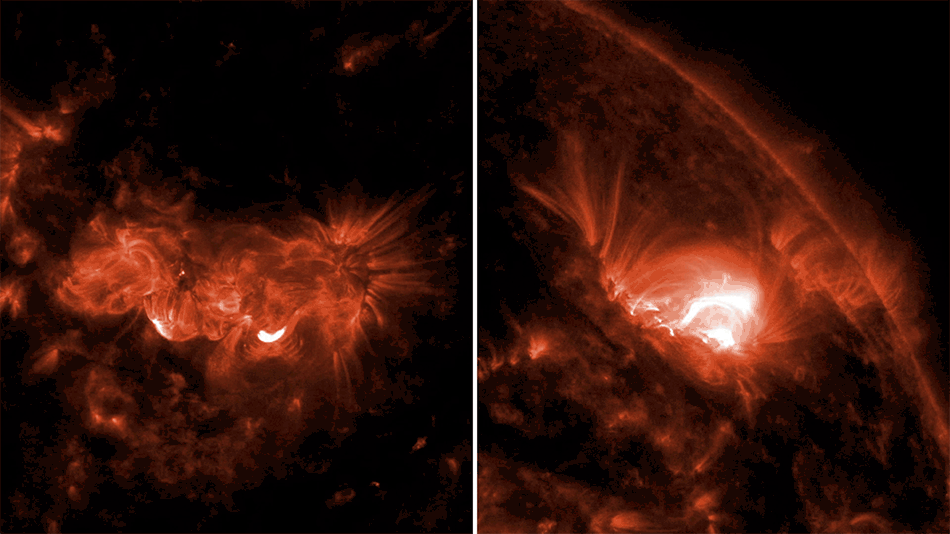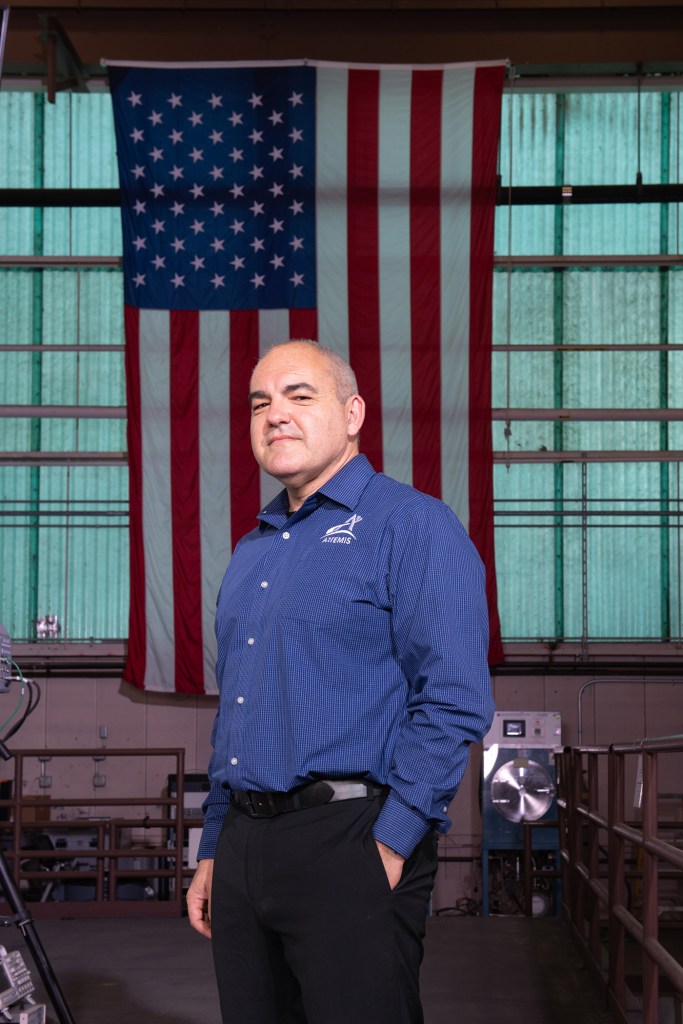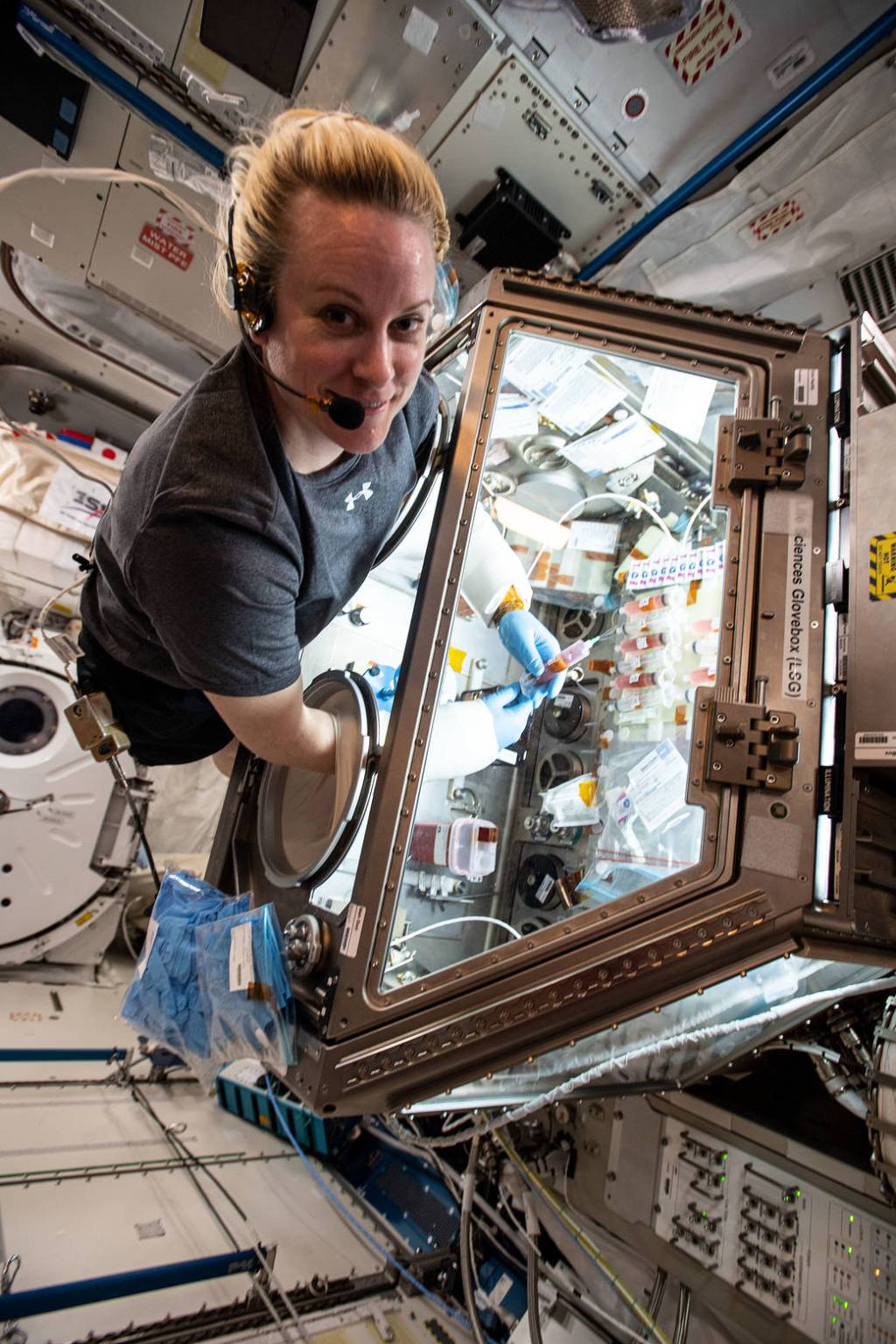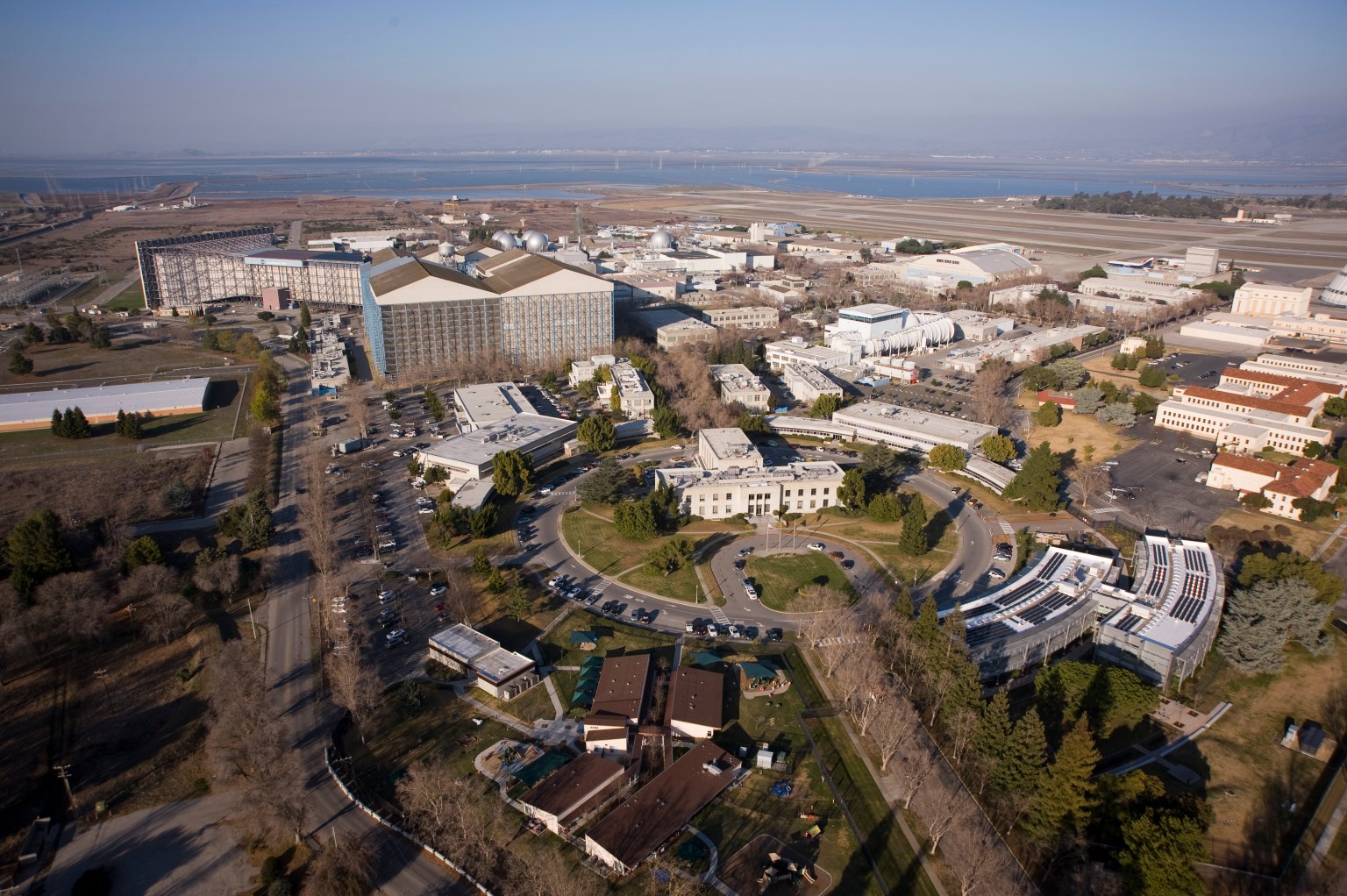The Office of the Chief Scientist hosted a lecture series entitled “Research Ethics and Integrity” to introduce principals and best practices for the conduct and reporting of research.
The series included four lectures:
- Research Integrity: Beyond “Don’t Be Evil!”
- The opening lecture in the Research Ethics and Integrity Lecture Series (Research Integrity: Beyond “Don’t Be Evil!”) was given by San Jose State University Professor, Dr. Janet Stemwedel, who provided guidance on research integrity and maintaining ethical standards when conducting research. Key topics covered include:
- Research integrity is driven by internal values and external obligations to the public.
- Research integrity is an individual and collective project.
- Behavior not considered explicit misconduct but which may be considered close or harbor potential for misconduct.
- Recognizing research is conducted by humans and the potential for oversight and biases because of it.
- Slides from Research Integrity: Beyond “Don’t be Evil”
- The opening lecture in the Research Ethics and Integrity Lecture Series (Research Integrity: Beyond “Don’t Be Evil!”) was given by San Jose State University Professor, Dr. Janet Stemwedel, who provided guidance on research integrity and maintaining ethical standards when conducting research. Key topics covered include:
- Everyday Ethics for Scientific Researchers
- The Research Ethics and Integrity Lecture Series continued with Dr. Anita Ho of UCSF/University of British Columbia delivering a lecture entitled “Everyday Ethics for Scientific Researchers.”
The second lecture included:- Guiding principles: honesty and fairness
- Knowledge-building, teamwork, and competition (including discussion of objectivity and conflicts of interest)
- Mentoring the next generations of knowledge-builders
- Responsibilities to the public (including science communication)
- Slides from Every Day Ethics for Scientific Researchers
- The Research Ethics and Integrity Lecture Series continued with Dr. Anita Ho of UCSF/University of British Columbia delivering a lecture entitled “Everyday Ethics for Scientific Researchers.”
- Human Subjects Research
- Dr. Mildred Cho of Stanford University delivered the third lecture entitled Ethics of Human Subjects Research.
Highlights include:- Defining human subjects research
- Regulating human subjects research
- Ethics and its relation to regulations
- Strategies for thinking about ethical issues
- Slides from Human Subjects Research
- Dr. Mildred Cho of Stanford University delivered the third lecture entitled Ethics of Human Subjects Research.
- Animal Research
- Dr. Lawrence Carbone of University of California, San Francisco delivered the final lecture entitled Animals in NASA Research: Ethical, Regulatory & Biological Challenges.
Highlights from the lecture include:- Public sentiments and regulatory context
- Responsible use of animals & maximizing animal welfare
- Understanding the IACUC
- Harm/benefit analysis and the three Rs (replacement, reduction, refinement)
- Slides from Animals in NASA Research: Ethical, Regulatory & Biological Challenges
- Dr. Lawrence Carbone of University of California, San Francisco delivered the final lecture entitled Animals in NASA Research: Ethical, Regulatory & Biological Challenges.
If you have questions or comments, please feel free to contact the OCS at arc-ocs@mail.nasa.gov
Courses
2019 Science Communication Course at NASA
2017 Science Communication Course at NASA
2016 Science Communication Course at NASA
This course targets civil servant scientists, engineers, and technologists that have an interest and responsibility for communicating their work to internal and external audiences. Participants will learn and apply new personalized communication techniques, work in small cross-Agency interdisciplinary teams on a group project that will have a long-term impact on the science communication culture at NASA, identify, discuss, and influence agency practices, and make new and lasting connections with other NASA community leaders.
Mini Lecture Series
The Office of the Chief Scientist organizes mini lecture series on topics relevant to a research center, like grant writing. If you have any comments or suggestions on the format or content of these lectures, please send us an email at arc-ocs@mail.nasa.gov with the subject line “Mini Lecture Series.”


